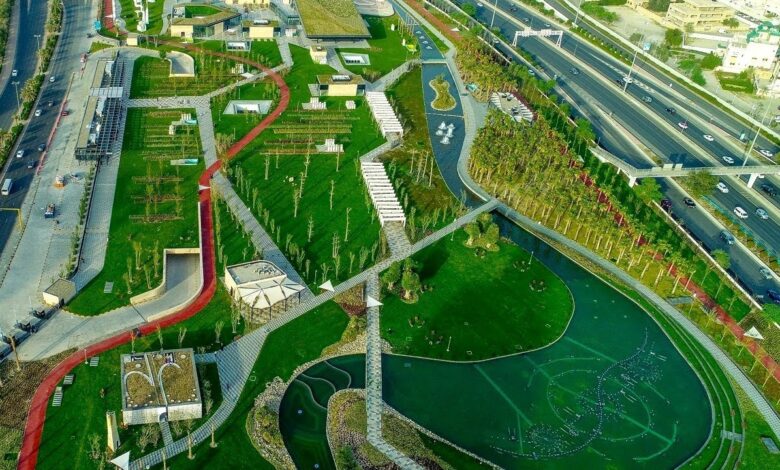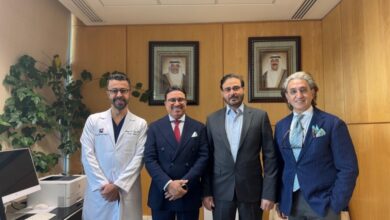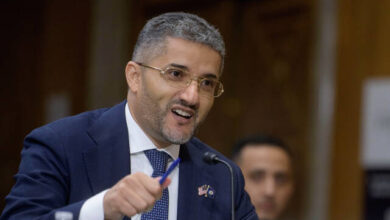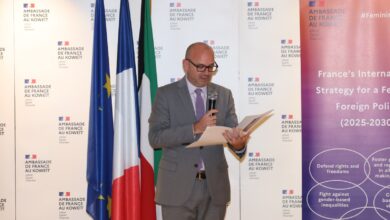Kuwait’s Sustainable Future Must Be Homegrown: Innovation, Engagement, and Identity


By Sarah Al Sabah
Special to The Times Kuwait
As global momentum for sustainability surges and Gulf countries double down on climate innovation, Kuwait must embrace a more homegrown, civic centered model of development. While Vision 2035 provides a national framework, the path forward demands more than policy. What it calls for is deep-rooted cultural alignment, local innovation, and genuine societal engagement.
This is not simply about infrastructure or emissions targets. It is about crafting a Kuwaiti model of sustainability. One that reflects our identity, leverages our creativity, and mobilizes our people.
Too often, sustainable development strategies are shaped by imported frameworks or implemented through top-down mandates. While valuable, these approaches risk disconnecting national visions from the lived realities and aspirations of local communities. Kuwait has an opportunity to do things differently.

What if we localized climate innovation, not just in infrastructure, but in mindsets, education, and daily behavior? What if we turned Kuwaiti youth, entrepreneurs, and civil servants into co-creators of sustainable solutions, rather than recipients of external models?
This transition requires investing not just in solar panels or smart grids, but in the knowledge systems and institutions that cultivate local problem-solving capacity.
Kuwait’s sustainability journey will not succeed in the long run without civic ownership. Public engagement must move beyond awareness campaigns and toward genuine collaboration.
Consider the potential of:
- Citizen science platforms where communities monitor air quality, urban heat, or water usage.
- Participatory budgeting models allowing residents to vote on green infrastructure priorities.
- Environmental literacy programs embedded in mosques, youth centers, and schools to align values and action.
These efforts not only accelerate environmental outcomes but also build trust, cohesion, and shared purpose, which is the true bedrock of sustainable societies.
Generation Z is ready. From eco-entrepreneurs to student climate advocates, young Kuwaitis are already testing bold ideas in energy, agriculture, fintech, and more. But without targeted investment and real leadership pathways, their potential remains underutilized.

To unlock this potential, Kuwait must:
- Create a national Youth Sustainability Corps.
- Launch a Public Sector Innovation Challenge inviting young minds to help ministries redesign digital tools for the future, such as, energy efficiency and climate education.
- Recognize and fund youth-led start-ups solving real sustainability challenges.
By shifting from token engagement to strategic empowerment, Kuwait can build a generation of changemakers with the skills and stakes to drive Vision 2035 forward.
Ultimately, the sustainability transition is also a cultural transformation. What does it mean to be Kuwaiti in the 21st century? How do heritage, resilience, and innovation co-exist?
Environmental leadership should not be viewed as an obligation. It should be a reflection of who we are. A society that values moderation, stewardship, and social solidarity already possesses the ethos of sustainability. Our task is to translate those values into systems, tools, and institutions.
As the region races forward with mega projects and climate summits, Kuwait has a unique opportunity to lead with authenticity. Not by outspending or outscaling others. Kuwait should lead by building a model of inclusive, civic-driven, values-based sustainability.
This is the real test of Vision 2035. Not whether we can build the infrastructure. The true test is whether we can build the future with our own people and for our own future. The urgency remains. But so does the opportunity. Kuwait’s sustainable future must be rooted here. In our soil, our society, and our spirit.
Editor’s Note: This op-ed explores how aligning Kuwait’s Vision 2035 with environmental leadership offers a strategic pathway for economic diversification, societal well-being, and global competitiveness. It emphasizes the critical role of Generation Z (Kuwait’s largest youth cohort) in shaping a sustainable, digital, and diversified economy. By connecting infrastructure, governance, human capital, and global positioning with environmental innovation, the article provides a call to action for policymakers, private sector leaders, and citizens to build a Kuwait that is prosperous, resilient, and future-ready.




























